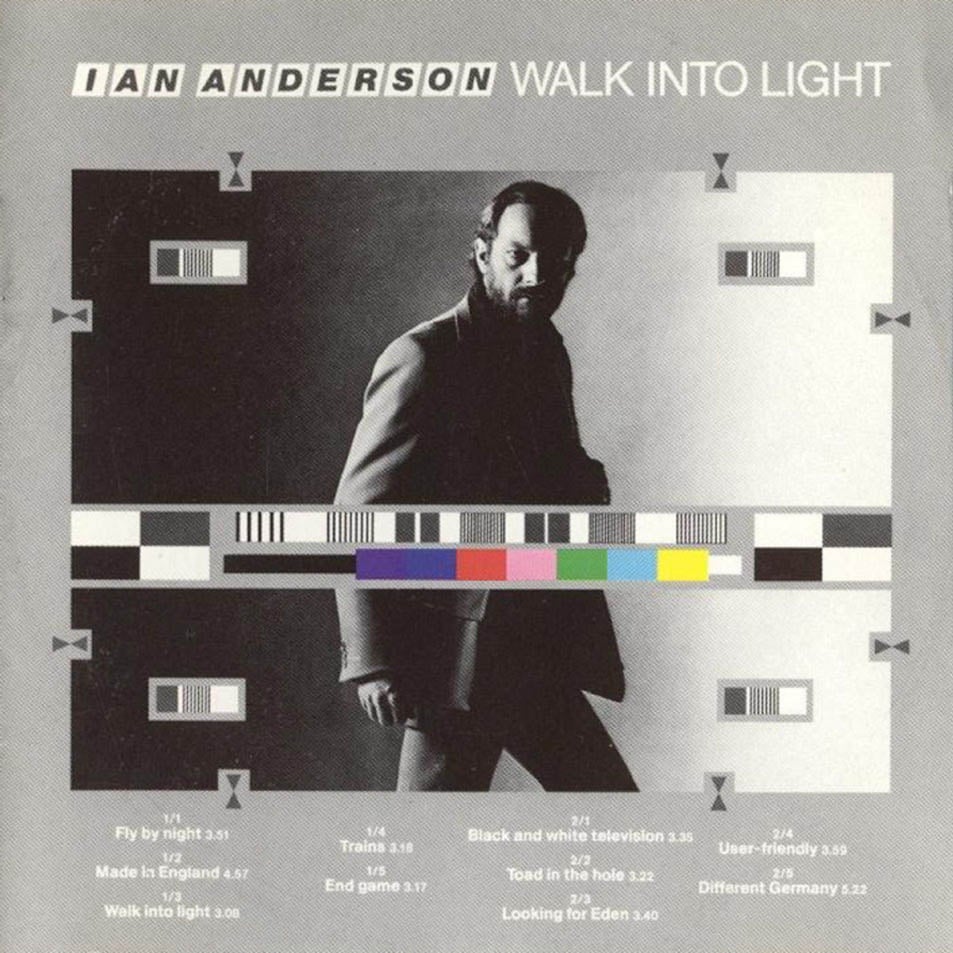JOHN GLASCOCK
Bass Guitar – 1975 – 1979
ALL ABOUT JOHN
The first band John Glascock played with was The Juniors (1962–1964). He then played with The Gods (early 1965 – June 1967, September 1967 – February 1969), Head Machine (1970), Toe Fat (June 1969 – December 1970) and Chicken Shack (January 1971 – March 1972). In 1973 he joined Carmen.
In Carmen John Glascock played bass guitar, sang backup vocals, occasionally played synthesizers, and even sang lead vocals on a few songs. These songs include “The City”, “Dancing On a Cold Wind” (sharing lead vocals with David Allen), and “The Horseman” (sharing vocal duties with all of Carmen), all from the album Dancing on a Cold Wind (1975). He also sang on the track “High Time” from the album The Gypsies (1976).
Glascock’s basslines in Carmen were often technical and unusual. They were key to Carmen’s unique sound. Unlike his work in Jethro Tull, Glascock utilized effects in his sound while with Carmen, like a fuzz pedal in the song “Viva Mi Sevilla”. Glascock had only one writing credit on the first album recorded by Carmen, Fandangos in Space (1974), the short track “Retirando”. He shared this writing credit with the rest of the band.
His writing expanded greatly by the time of the second album, Dancing on a Cold Wind (1975). On this album he had a writing credit for three songs, “Viva Mi Sevilla” (which he shares with the rest of the band), “Purple Flowers” (which he shares with Roberto Amaral), and “Remembrances” (which he shares with the rest of the band).
His writing had reached a climax by the time of Carmen’s third and final album, The Gypsies (1976). On this album he wrote “High Time” by himself, and sang lead vocals on it. He and the rest of the band also share a writing credit on the instrumental track “Margarita”.
Glascock then joined Jethro Tull in 1976, after having met Ian Anderson when Carmen opened several dates for Jethro Tull on their War Child tour. He played on the Jethro Tull albums Too Old to Rock ‘n’ Roll: Too Young to Die! (1976), Songs from the Wood (1977), Heavy Horses (1978), Live – Bursting Out (1978), and on three tracks on Stormwatch (1979). In Jethro Tull he received no writing credits, but sang backing vocals, and became the first harmony vocalist Jethro Tull had. He even sang on the album he was not credited on, Heavy Horses (1978).
Glascock replaced the longtime friend of Ian Anderson, Jeffrey Hammond-Hammond. He also played electric guitar on-stage when Anderson’s arrangement required it, as for instance in performances of “Skating Away (On the Thin Ice of the New Day)” from the Bursting Out live album, when the rest of the band was playing xylophone, glockenspiel and percussion.
Glascock’s health problems became apparent when he was unable to complete the U.S. leg of the Heavy Horses tour, missing a transatlantic simulcast from Madison Square Garden. He played his last gig on May 1, 1979, in San Antonio, Texas, three years to the day of his first gig with Jethro Tull.
Despite the diagnosis of heart valve damage caused by an infection, he continued his previous social lifestyle. His health continued to deteriorate. Ian Anderson gave him several warnings before finally laying him off with pay during the production of Stormwatch (1979), completing most of the bass guitar parts himself.
During the subsequent promotional tour with replacement bass player Dave Pegg, Anderson learned of Glascock’s death and had to break the news to the rest of the band. Glascock’s close friend, drummer Barriemore Barlow, was devastated and left the band at the end of the tour. Glascock’s touring replacement on bass (Dave Pegg) was retained for the band’s follow-up album in 1980.
John Glascock played on the Jethro Tull albums Too Old to Rock ‘n’ Roll: Too Young to Die! (1976), Songs from the Wood (1977), Heavy Horses (1978), Live – Bursting Out (1978), and on three tracks on Stormwatch (1979).


